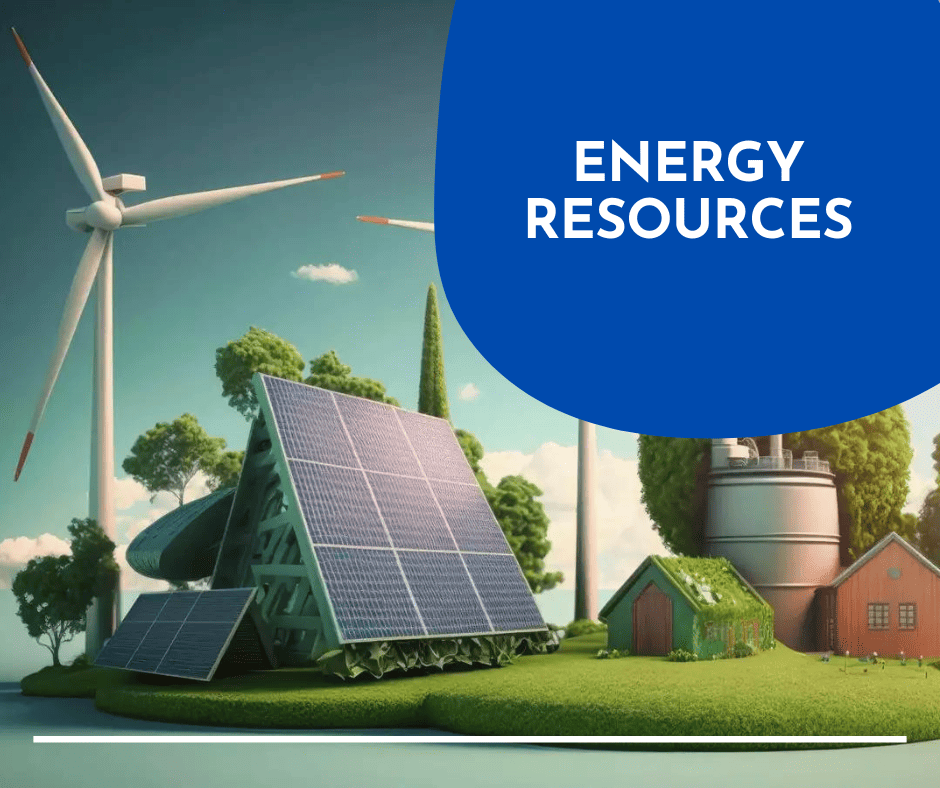
Energy is the backbone of any society, powering our homes, industries, and transportation. As our world becomes increasingly dependent on energy, the need for diverse sources has never been more urgent. In this blog post, we will explore the various energy resources and their potential impact on our lives.
Firstly, let's talk about the most well-known sources of energy, such as coal and petroleum. They are known as fossil fuels, formed from the remains of ancient plants and animals. While they have been the primary source of energy for centuries, they have also been a major contributor to global warming and pollution. The burning of fossil fuels releases harmful greenhouse gases, leading to climate change, and poses a threat to our environment.
Renewable energy sources, on the other hand, such as solar, wind, and hydropower, are gaining popularity as they have a significantly lower impact on the environment. These sources harness the natural forces of the earth and sun to produce clean energy. However, their reliability can be affected by weather conditions, making it essential to have a backup system in place.
Another source of energy that has been a topic of debate is nuclear power. Nuclear energy is produced by splitting atoms in a process called nuclear fission. It is a highly efficient source of energy, producing large amounts of electricity without emitting greenhouse gases. However, the risks associated with nuclear power, such as accidents and the disposal of radioactive waste, have raised concerns among the public.
Some argue that nuclear power is a necessary evil, particularly in countries where there is a high demand for energy. It is a reliable source of energy that can meet the growing needs of our society, and advancements in technology have made nuclear plants safer and more efficient. Furthermore, countries with access to nuclear energy have reduced their dependence on fossil fuels, leading to a decrease in greenhouse gas emissions.
However, others argue that the potential hazards of nuclear power outweigh its benefits. The catastrophic incidents at Chernobyl and Fukushima have shown us the devastating consequences of a nuclear disaster. The long-term effects of exposure to radiation can be severe, and the disposal of radioactive waste is a significant concern. Moreover, the cost of building and maintaining a nuclear plant is significantly higher than renewable energy sources, making it an expensive option.
In conclusion, while energy resources are essential for our modern society, it is vital to use them responsibly. Fossil fuels may have been the primary source of energy for centuries, but their impact on the environment cannot be ignored. Renewable energy sources offer a cleaner and more sustainable alternative, but they have their limitations. Nuclear power, on the other hand, offers a reliable source of energy, but the potential risks cannot be overlooked. It is up to us, as individuals and as a society, to carefully weigh the pros and cons of each energy resource and make informed decisions for a sustainable future.